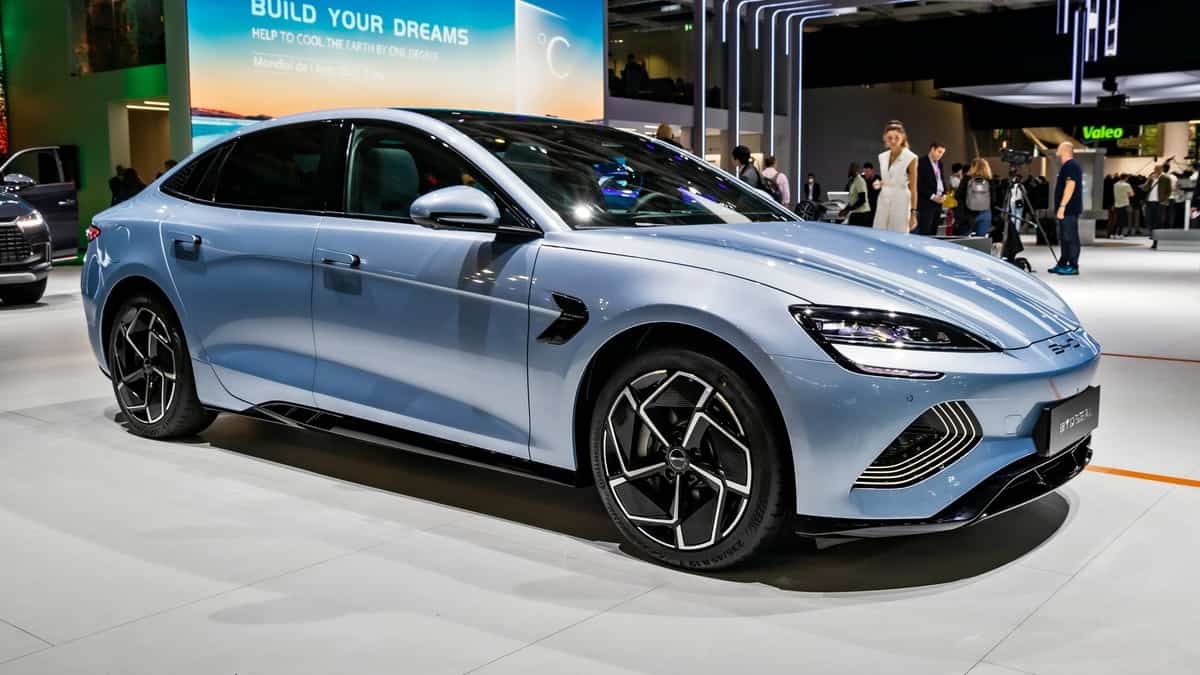Myanmar reportedly imported the first batch of its battery electric vehicle (BEV) from Chinese companies in January 2023 as part of its 1-year pilot project, per Chinese news agency Xinhua.
The country’s preference for Chinese EVs is not surprising given their technological competence, especially when it comes to automotive.
“Chinese-made cars are the most-suggested cars for imports. Chinese EVs are largely successful across the globe. Therefore, we are encouraging importing Chinese BEVs.”
Myat Mon Thein, Ministry of Industry’s Deputy General Manager
Myanmar’s electrification initiatives
In June 2022, Myanmar formed the top national committee on electric vehicle development and related business to support the industry’s growth.
Furthermore, the country has also implemented a zero-tariff policy on imported EVs commencing from November 2, 2022, to March 31, 2023.
“Policy for EVs has already been formulated. We will introduce the EV policy in March.
As the tariffs on BEV imports were considerably reduced, people’s interests in importing and purchasing BEVs were running high.”
Myat Mon Thein, Ministry of Industry’s Deputy General Manager
EV import progress
Myanmar originally committed to importing approximately 3,000 BEVs, including buses and cars, for taxies. Of that total, the first batch of 40 cars was successfully received in January. Notably, the first BEV batch was the e2 model from Chinese power battery and EV giant BYD.
“We imported BYD cars, which have low risks. It is a big brand in China and they are safe. The design and interior features of the cars are also good.”
Zaw Win Thu, BYD Motor Myanmar salesperson
Meanwhile, the next batch of 25 cars is expected to arrive in March. The remaining majority will be imported in a phased manner in the following years.
It is worth noting that Myanmar has allowed 8 EV firms to import their BEV offerings into the country as of now. The government has also given the green light to install over 140 public EV chargers.
Challenges
U Zaw Htike Aye, Myanmar Automobile Manufacturer and Distributor Association (MAMDA) chairperson has raised the hurdles the industry encounters despite its current momentum.
“For the EV, it is still having difficulties to be overcome due to the current electricity situation.”
U Zaw Htike Aye, MAMDA chairperson
At the same time, he acknowledged the country’s initiatives in deploying more EV charging stations.
On the other hand, several car importers in Myanmar expect EV adoption to expand due to the increasing fuel cost. Car dealers claim that Chinese EVs are gaining market share in the country.
“I am using a Chinese Jetour car right now. I am considering purchasing an EV so that I can cut fuel costs that can be higher in the future.”
Yangon-based motorist

